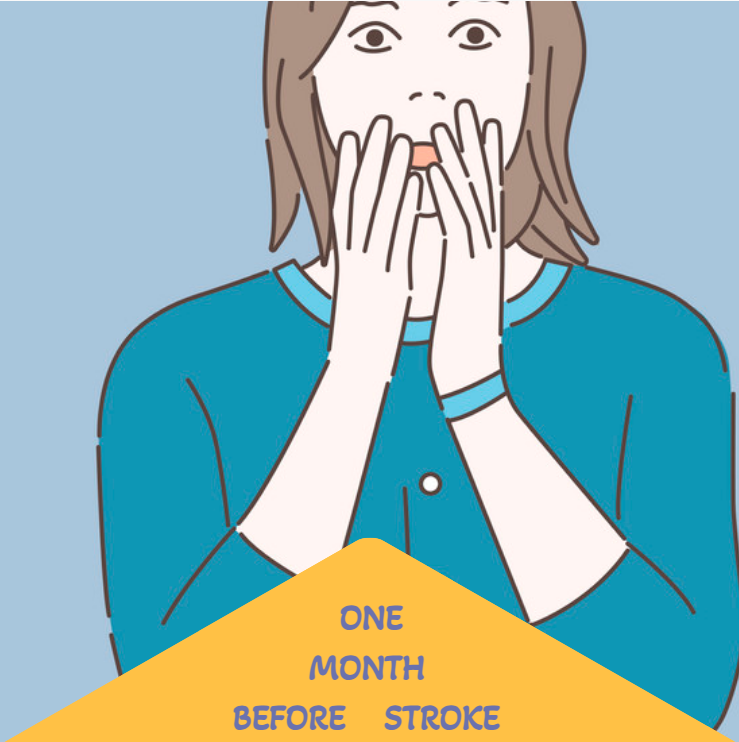4) Fatigue and Lethargy:
Energy production within the body relies on the efficient transport of nutrients and oxygen through the bloodstream. Dehydration reduces blood volume and, consequently, the delivery of oxygen to cells. This can result in feelings of fatigue, sluggishness, and decreased physical and mental performance. Persistent dehydration can impair cognitive function, concentration, and overall productivity.
5) Dizziness and Lightheadedness:
A drop in blood volume due to dehydration can lead to reduced blood flow to the brain, resulting in dizziness and lightheadedness. These symptoms can be particularly noticeable when standing up quickly or after prolonged periods of physical activity. Dehydration-induced changes in electrolyte balance can also affect the function of nerve cells, contributing to feelings of dizziness.
6) Dry Skin and Reduced Elasticity:
The skin is the body’s largest organ and serves as a barrier against the external environment. Dehydration can compromise the skin’s integrity, leading to dryness, flakiness, and reduced elasticity. Inadequate water levels affect the skin’s ability to maintain proper hydration and may exacerbate conditions like eczema and psoriasis. Well-hydrated skin appears plump and supple, while dehydrated skin can appear dull and lackluster.


